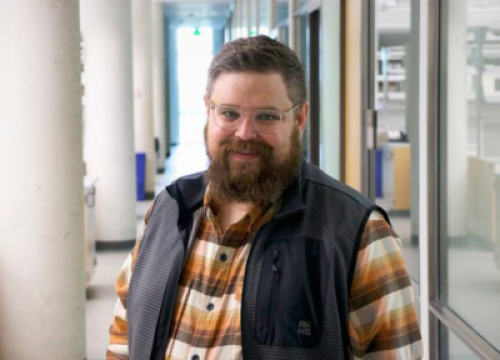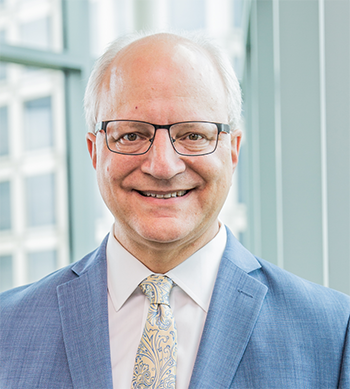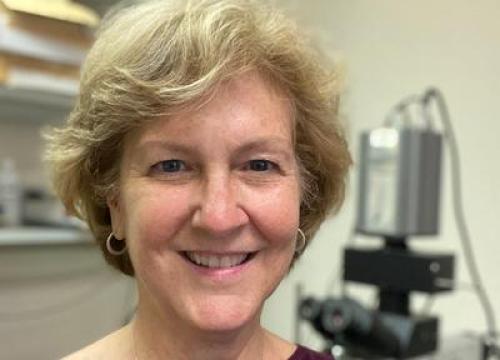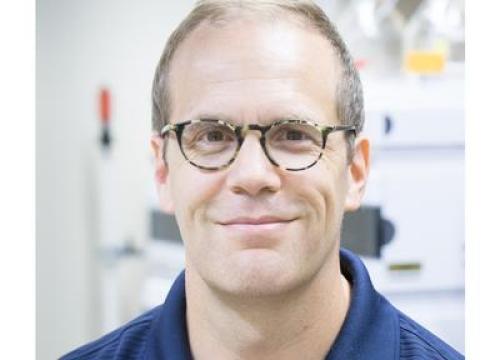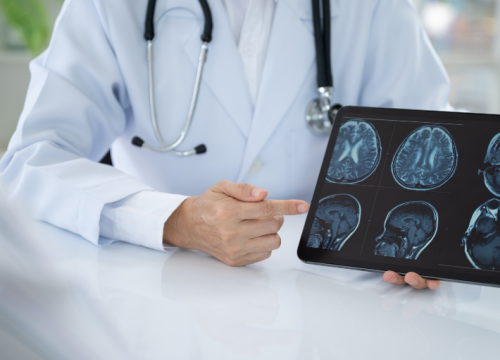About Parkinson's Disease
Parkinson’s disease (PD) is a brain disorder that affects movement and can also involve other changes that impact daily life. It is a progressive condition, meaning symptoms get worse over time. While there is no cure yet, treatments can help manage symptoms and improve quality of life.
How common is Parkinson's?
Parkinson’s is the second-most common progressive brain disorder after Alzheimer's disease. It affects more than 10 million people worldwide, including about one million in the United States. Each year, around 90,000 Americans are diagnosed with PD. As the population ages, this number is expected to grow.
What are the symptoms of Parkinson’s?
Parkinson's affects everyone differently. Early signs may include a mild tremor, loss of smell, soft speech or smaller handwriting.
Common movement symptoms include tremor in one or both hands, stiffness (also known as rigidity), slow movements (called bradykinesia) and balance problems. Non-movement symptoms such as sleep issues, constipation, depression, anxiety and thinking changes are also common and can affect quality of life as much as movement symptoms.
What causes Parkinson's?
Parkinson’s develops when brain cells that make dopamine — a chemical that controls movement and other functions — slowly break down and die over time. As dopamine levels drop, symptoms begin to appear. The exact cause of these and other PD-related brain changes is not fully understood. Scientists believe that genetic, environmental and lifestyle factors all play a role.
PD GENEration: Powered by the Parkinson’s Foundation is an ongoing global research study that offers genetic testing and counseling at no cost to people with PD. Current findings show that nearly 13% of participants have a genetic change (or variant) linked to Parkinson’s.
To learn more, visit Parkinson.org/PDGENEration.
Who is at risk for Parkinson's?
Parkinson's is often diagnosed after age 60, though about 4% of people are diagnosed before age 50, known as early or young-onset Parkinson’s. Men are about 1.5 times more likely to develop PD than women. It is also more common in certain regions and in specific groups of people
How is Parkinson’s diagnosed?
The road to diagnosis often begins with a family doctor, who might refer the person to a neurologist if symptoms suggest Parkinson's. Some neurologists specialize in Parkinson's disease and other similar conditions. They are known as movement disorder specialists.
There isn't a single test for Parkinson’s. Instead, doctors use a combination of approaches:
- Clinical observation: Doctors review symptoms, ask about health history and observe how someone walks and moves.
- Medication trial: A short course of levodopa, a medication used to treat PD, may be used to see if symptoms improve.
- Diagnostic tests: Scans and blood tests might be needed to help rule out other conditions.
What are the treatment options for Parkinson's?
Treatment options focus on managing symptoms and improving quality of life. These often include medication, regular exercise and, in some cases, surgery.
Because Parkinson’s affects movement as well as other areas such as speech, mood and sleep, a team approach is important. Care is usually led by a neurologist and may involve physical, occupational and speech therapists, mental health professionals and other specialists. Living well with Parkinson’s starts with getting the right care and support.
Related Materials
My Parent Has Parkinson's. What Does It Mean?
Managing "Off" Time in Parkinson's
Medications for Non-motor Symptoms
Related Blog Posts
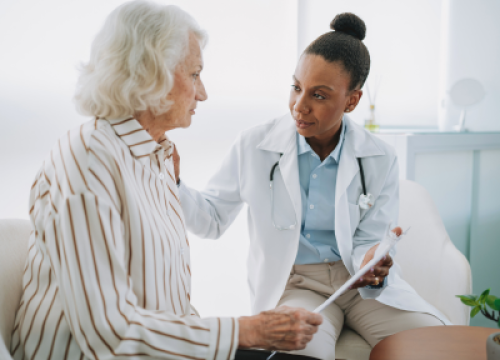
Neuro Talk: Newly Diagnosed

20 Parkinson’s-Friendly Gifts
